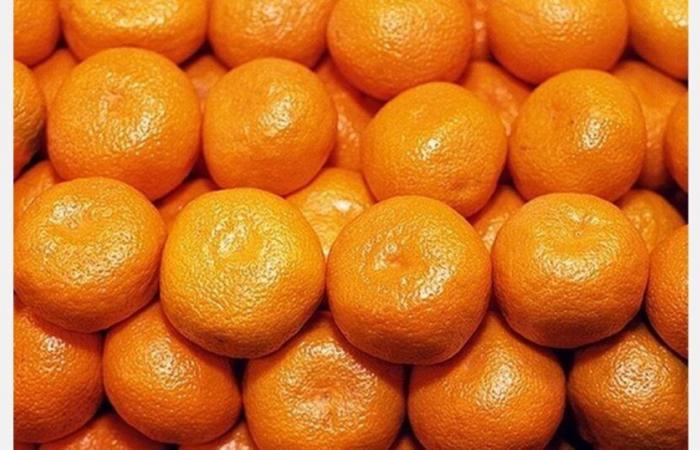Analysts have identified a complex scenario within the European mandarin market towards the end of 2024, marked by consumer surprise at high prices and producers' grievances at low harvests not corresponding to demand levels. Fedir Rybalko, an emblematic figure in the international fruit and vegetable market, reports a significant drop in mandarin production in Türkiye for the year. Given that Turkey is one of the main exporters of fresh mandarins, this decline has implications for price dynamics throughout Eastern Europe and the Middle East, with a notable impact on the tangerine market. EU.
In Latvia, according to Marite Gailite of Latvijas dārznieks, the season saw an unusual spike in prices for tangerines and citrus fruits, with supermarkets setting tangerine prices at €1.99/kg and discount rates at €1.69/kg despite questionable quality. Gailite points to visible demand for tangerines in the EU, attributing the low harvest to unfavorable weather conditions and logistical problems. At the same time, Italy saw similar price increases, which destabilized consumers accustomed to more affordable prices for these seasonal fruits.
Wholesale prices for tangerines have reached unprecedented levels in several countries, including Poland, Ukraine and Moldova, as confirmed by EastFruit's price monitoring efforts. Central Asian markets like Uzbekistan and Tajikistan are also reporting a doubling of prices, compounded by issues such as counterfeiting of phytosanitary certificates for Pakistani mandarins. Declining demand in key markets such as Russia and Ukraine, exacerbated by economic factors, led to operational losses among Turkish packers and Russian importers, complicating business dynamics.
Rybalko highlights the reduction in tangerine imports from Turkey to Ukraine, from 43,000 tonnes in December 2023 to 33,000 tonnes in December 2024, indicating a change in trade flows with Greece that partially offsets the deficit. Despite current market challenges, Turkish exporters remain optimistic, delaying new contracts in anticipation of price escalation.
Source : East Fruit






